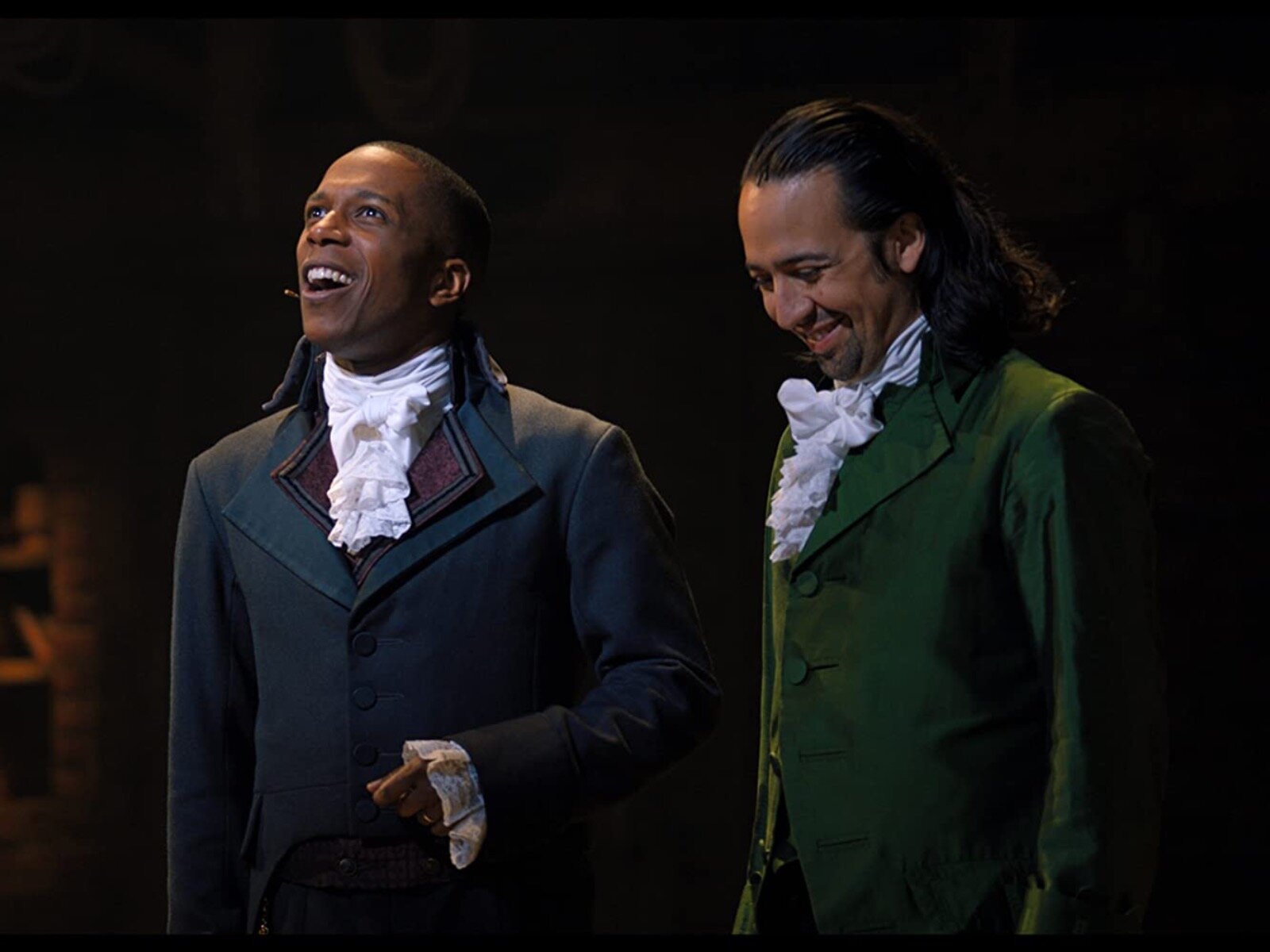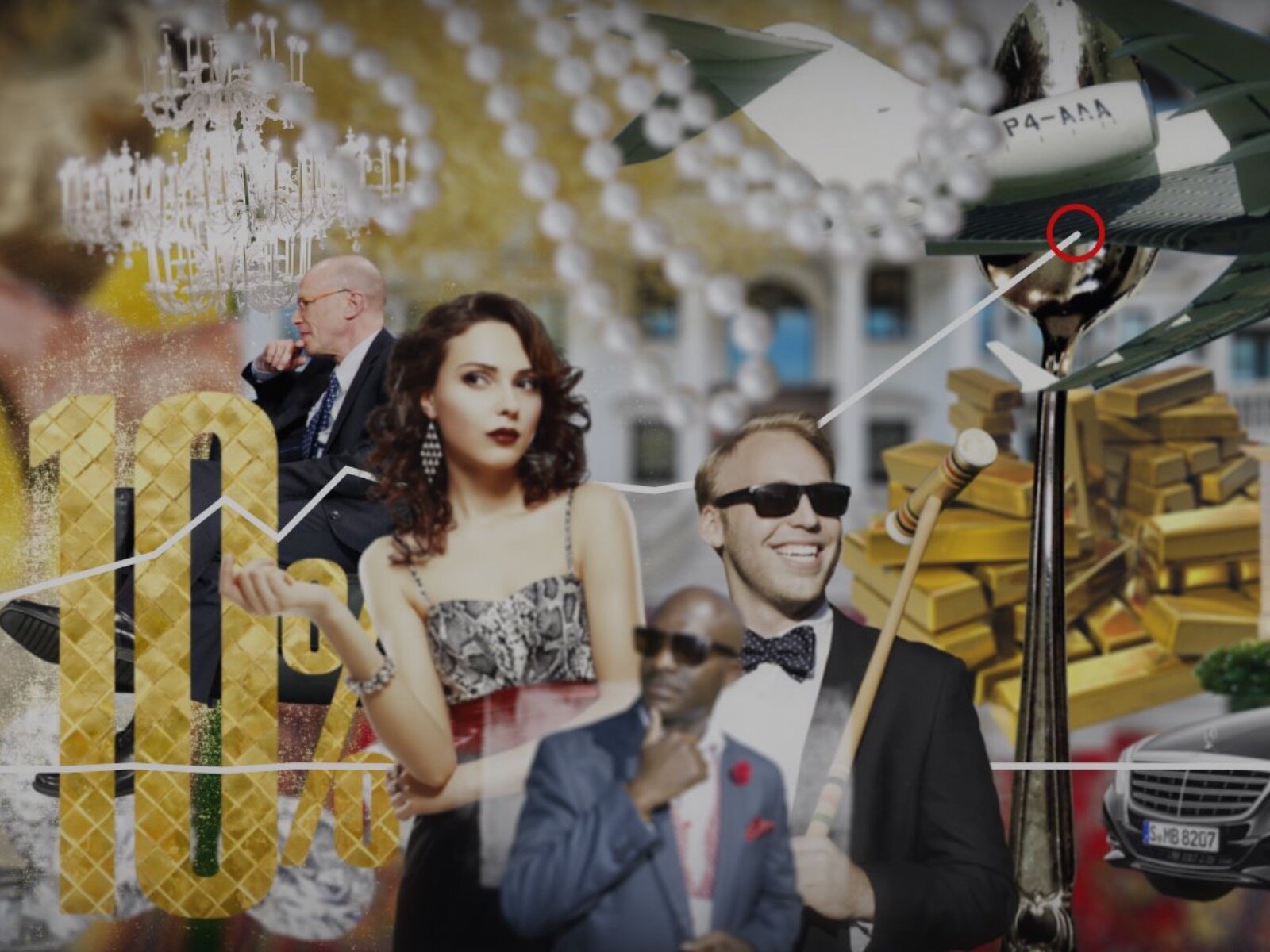Eleven years after "Lord of the Rings: The Fellowship of the Ring" introduced audiences to the majesty of director Peter Jackson's Middle-earth, "The Hobbit: An Unexpected Journey" makes a triumphant return to the mythical land with a new trilogy based on J.R.R. Tolkien's "The Hobbit."
Perhaps the more accessible of the two, this film adaptation is far simpler than the sprawlingly detailed "Lord of the Rings" saga (so far): A young Bilbo Baggins (BBC's "Sherlock"'s Martin Freeman) sets off on a journey with Gandalf the Grey (Ian McKellen) and a band of dwarves to reclaim the dwarf kingdom under Lonely Mountain from the dragon Smaug. The first of another Tolkien trilogy, "Journey" lays the groundwork for its two other installments, due out in 2013 and 2014.
It may be presumptuous to say "Journey" is timeless so soon, but the fluid ease with which it transports viewers back to its fantastical world makes it feel like the credits rolled on LOTR only yesterday. Even though the action takes place 60 years before the LOTR trilogy, "Journey" returns to Middle-earth gently, opening on the very day the first saga began. The familiar scenery and brief appearance by the older, more recognizable Bilbo (Ian Holm) set the stage for the story, which he recounts as he commits it to the pages of his book.
"Journey" continues its methodical progress through a prologue detailing Smaug's invasion before returning to the Shire to meet the young, naive Bilbo. The band of 13 courageous but bumbling dwarves soon follow, having been led to Bilbo's peaceful home after a quizzical meeting between the hobbit and Gandalf. The wizard reveals his true purpose and the dwarves' mission, and – after some understandable hesitation – Bilbo joins their company.
While the circumstances of the mission are daunting, "Journey" carries much less gravity than the preceding trilogy did – which makes sense. "The Hobbit" was, after all, a children's book first, and you don't have to look too hard to recapture the innocent wonder of a kid's dragon-slaying adventure. Yes, it's an important quest for the long-displaced dwarves, but it's a far cry from LOTR's "the fate of all existence hangs in the balance" theme.
There is more than enough opportunity for humor, and "Journey" latches on to each one for full effect. The dwarves are for the most part high-spirited, and the younger ones – Fili and Kili (Dean O'Gorman and Aidan Turner) in particular – are notably good at carrying the comic relief torch passed down from LOTR's Merry and Pippin. Even Bilbo, for all of his sensibility, provides his fair share of dry one-liners.
More challenging carry-overs come in the form of devices used in the first set of films. Keeping the idea that "Journey" precedes everything from the LOTR saga fresh in mind is crucial, but it's still a hurdle. Shades of the first trilogy are peppered throughout this new film, including a very obvious sendback to Gandalf's eagle-summoning abilities. The problem is not that the screenwriters got lazy – it's just really hard to keep telling yourself "This came first." Once you at least have a grasp on the chronology, these devices are actually pretty clever in the sense that they lay the foundation for their later uses in the LOTR films.
Plenty of other LOTR characters return – Frodo (briefly), Gollum and the nefarious One Ring, which might as well have been first billed in that trilogy – and plenty more are due to make appearances in the later two films, but it's the return of composer Howard Shore behind the scenes that, to me, really adds polish to "The Hobbit" and inducts it into the Tolkien anthology with its LOTR predecessors (Descendants? Now I'm just confusing myself...).
Refrains from "Return of the King," plus recurring melodies from the Shire and elven Rivendell help connect back to the three, but the music here is its own breed. Marked by the obviously heavy dwarf influence in "The Hobbit," the new score is deeper and rougher, but still elegant. It's likely the music of "The Hobbit" trilogy will go the way of LOTR and use the first film's key melodies as the foundation upon which the next two will build, and I'm excited to hear how it develops.
Visually, "Journey" is stunning. The colors are impeccable, and the action is incredibly detailed. If this is a result of the new high frame rate (select Marcus Theatres are showing the new 48 frames-per-second technology) or the film itself I'm not sure, but the latter would not surprise me. Jackson (and his crew's) work is incredibly thorough in all other aspects (including, but not limited to, poring over the snore-inducing appendices to flesh one book's story out into three feature films). The dedication is immense and easily matches the care taken for LOTR – even trivial techniques like having the voyage move left to right across the screen to simulate traveling west to east are re-employed.
If there's one hang-up I can't get past in "Journey," it's that everything is so familiar. But, that's far from a bad thing. Jackson's style is so distinctive, and his consistent methods help create an all-around finely honed revisit of his same spectacular Middle-earth. In an interview with some of the actors there's a comment about "beauty fatigue" in reference to the incredible New Zealand scenery they encountered during filming. This sentiment could apply just as well to the movie itself.
Still, despite the loss of some awe and novelty at the expense of having to follow the groundbreaking LOTR trilogy, "The Hobbit: An Unexpected Journey" is magnificent through and through – and really, I didn't expect anything less.
Contrary to her natural state of being, Renee Lorenz is a total optimist when it comes to Milwaukee. Since beginning her career with OnMilwaukee.com, her occasional forays into the awesomeness that is the Brew City have turned into an overwhelming desire to discover anything and everything that's new, fun or just ... "different."
Expect her random musings to cover both the new and "new-to-her" aspects of Miltown goings-on, in addition to periodically straying completely off-topic, which usually manifests itself in the form of an obscure movie reference.







